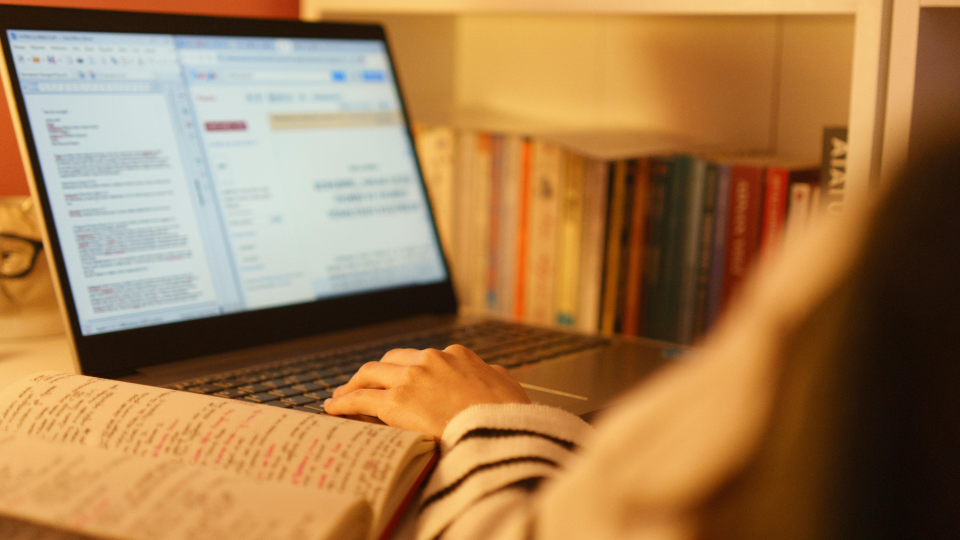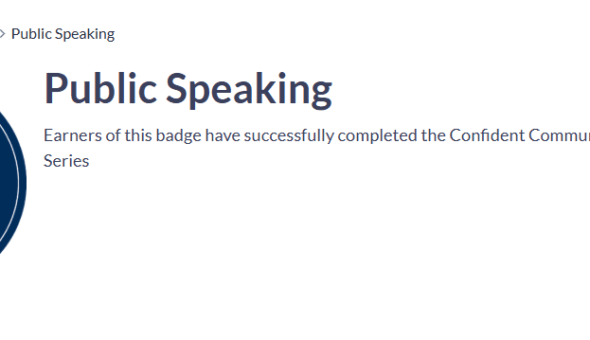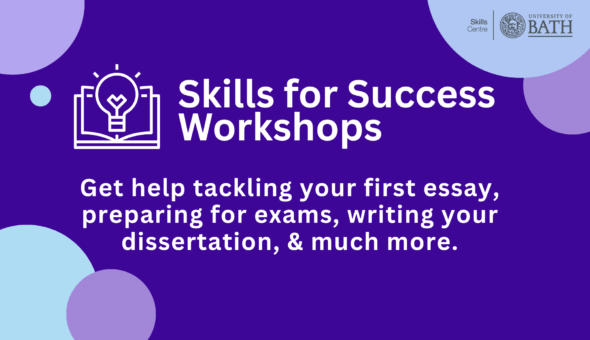As a final-year student on the MSci Natural Sciences degree, I’ve learned a lot about what works (and what really doesn’t) when it comes to studying. I’ve spent countless hours revising, planning, and occasionally panicking, and along the way, I’ve picked up some genuinely useful habits that have made a big difference.
We all spend so much time studying but rarely stop to think about how we’re doing it. This post is a collection of the study strategies that have helped me work more effectively, stay focused, and feel more in control. They won’t all apply to every degree, but I hope there’s something here you can take away and make your own.
Smarter, not harder
One of the biggest things I’ve learned is that it’s not about how many hours you study, it’s about how effective those hours are. It’s easy to feel proud after a long day of revision, but if those hours don’t lead to better understanding, confidence or results, it can feel like wasted effort.
So, I always try to study smarter, not harder. That means starting with the topics I find most difficult, not the ones I enjoy most. I focus on study techniques that give the best return for my time, and I make a real effort to concentrate when I sit down to work. No half-hearted scrolling through notes while watching Netflix, I want to make the time count.
Where do I even start?
When it’s time to start revising, it can be tempting to spend hours making the perfect colour-coded plan. I’ve definitely been guilty of that. But I’ve found that having a simple, flexible structure works better for me and helps me actually get started.
Here’s how I usually plan my revision:
- I work out how many days I have until my exams and give myself one full day off each week. That day either becomes a proper break or a catch-up day if I’ve fallen behind.
- I split the remaining days between my modules, based on how many credits each exam is worth and how difficult I find the content. More weight or more struggle means more time.
- I space the module days across the calendar so I’m not doing the same subject back-to-back. I prefer to focus on one module per day, but some people like to mix subjects, so go with what suits you!
Once that’s done, I’ve got a clear plan. I know when I’m studying each module, and I can swap things around if needed. That day off each week is flexible too, I take it when I need it most.
Time to study: What do I do?
Set specific goals
When I sit down to study, I always set a clear goal for the session. I try to avoid vague goals like “Revise organic chemistry”, as it can often lead to me doing a bit of everything and not really finishing anything. Instead, I focus on specific goals which are measurable, so instead of “Revise organic chemistry”, it is “Complete the 2021 past paper”.
Active revision over passive
I’ve always preferred active revision. Reading notes and highlighting things might feel productive, but it doesn’t always help me remember or understand the material and ends up with me feeling like I've wasted time I could have spent relaxing. Active revision - like writing things out from memory, teaching the topic to someone else, or answering questions - is far more effective.
I try to turn passive tasks into active ones. For example, instead of just reading a textbook, I’ll make a mind map from memory, then check what I missed. It takes more effort, but it sticks better.
Exam questions
Doing past papers and practice questions is probably the most useful thing you can do. It helps me get used to the format, spot patterns in what gets asked, and figure out where my gaps are.
There have been times I’ve done a past paper and done really badly. I’ve panicked, felt overwhelmed, and questioned whether I was ready at all. But once I got past that initial reaction, I realised how helpful it was. Seeing all those gaps laid out clearly showed me exactly what I did and didn’t know. It gave me a clear focus for my revision, and I went back to those topics with a plan. That exam ended up being one of my best results, because I knew where to put my energy.
Keeping balance
Studying is important, but so is looking after yourself. I try to make sure I have a bit of time off every day - even if it’s just half an hour to go for a walk, watch something, or see friends. That break helps me reset and stops me from burning out.
It’s easy to feel like you should be working all the time, especially during exam season. But rest is part of the process. You’ll study better if you’re looking after your wellbeing too.
Want more support?
If you’re looking for more advice on how to prepare for assessments, check out the Steps to Success Calendar which is coming soon. It’s packed with tips, tools and resources to help you plan your revision, manage your time and feel more confident going into exams.
Respond



